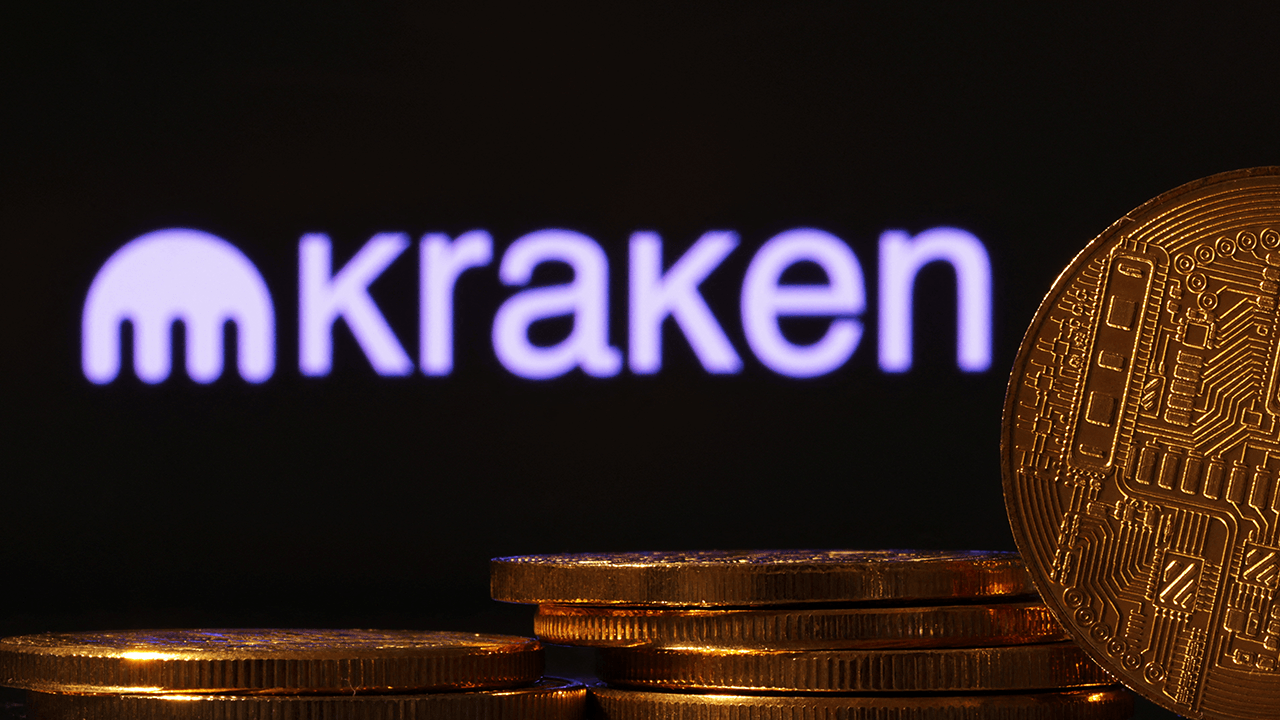Cryptocurrency
exchange Binance, which obtained its 7th
regulatory license in the European Union region in January, has applied for the
deregistration of its local unit in Cyprus. The exchange gained a Cypriot
license to operate as a crypto asset services provider in October last year.
“Binance
Cyprus Limited under examination for application for deregistration,” Binance’s profile on the website of the Cyprus Securities and
Exchange Commission (CySEC) currently reads. However, the Cypriot watchdog did
not state why the exchange is seeking to withdraw its local unit in the island
country.
The move to
pull away from Cyprus comes as Binance and rival Coinbase face regulatory
scrutiny in the United States. Earlier in the month, the US Securities and
Exchange Commission (SEC) sued Binance and Changpeng Zhao, its CEO, alleging
that the exchange and its chief operated crypto exchanges (Binance.com and
Binance.US) and offering unregistered securities.
While CySEC
did not explain why Binance was leaving the jurisdiction on its website, a
Binance spokesperson told
CoinDesk the exchange decided to pull the plug on its services in the country
in order to focus its efforts on its “fewer regulated entities in the EU.”
The
cryptocurrency exchange further explained that it was preparing its business to
be compliant with the landmark crypto rules, Markets in Crypto Assets (MiCA),
which was recently ratified by the two legislative bodies of the
European Union. The law is expected to go live sometime in 2024.
MiCA has
been described as the world’s first comprehensive crypto law. The regulation seeks to protect
European consumers, enshrine environmental sustainability and prevent money laundering in
the crypto industry.
When it
comes into force next year, MiCA will require digital asset exchanges and
crypto wallet providers to obtain a license to operate within any country in
the European Union region. It will also require stablecoin issuers to hold
sufficient reserves.
Meanwhile,
as the SEC’s case against Binance continues in the United States, the
cryptocurrency exchange is making efforts to
keep the
operations of its local unit in the country from crumbling. However, the
exchange excited Canada last month, blaming the country’s requirements
around stablecoins and investor limits.
On the
contrary, Binance re-entered the Japanese
crypto market in May
despite its rivals’
retreat from the country. This is even as the exchange disclosed plans to
move its Japan-based customers to its new locally compliant platform by
year-end.
CONSOB blacklists four; Vantage’s marketing exec leaves; read today’s news nuggets.
Cryptocurrency
exchange Binance, which obtained its 7th
regulatory license in the European Union region in January, has applied for the
deregistration of its local unit in Cyprus. The exchange gained a Cypriot
license to operate as a crypto asset services provider in October last year.
“Binance
Cyprus Limited under examination for application for deregistration,” Binance’s profile on the website of the Cyprus Securities and
Exchange Commission (CySEC) currently reads. However, the Cypriot watchdog did
not state why the exchange is seeking to withdraw its local unit in the island
country.
The move to
pull away from Cyprus comes as Binance and rival Coinbase face regulatory
scrutiny in the United States. Earlier in the month, the US Securities and
Exchange Commission (SEC) sued Binance and Changpeng Zhao, its CEO, alleging
that the exchange and its chief operated crypto exchanges (Binance.com and
Binance.US) and offering unregistered securities.
While CySEC
did not explain why Binance was leaving the jurisdiction on its website, a
Binance spokesperson told
CoinDesk the exchange decided to pull the plug on its services in the country
in order to focus its efforts on its “fewer regulated entities in the EU.”
The
cryptocurrency exchange further explained that it was preparing its business to
be compliant with the landmark crypto rules, Markets in Crypto Assets (MiCA),
which was recently ratified by the two legislative bodies of the
European Union. The law is expected to go live sometime in 2024.
MiCA has
been described as the world’s first comprehensive crypto law. The regulation seeks to protect
European consumers, enshrine environmental sustainability and prevent money laundering in
the crypto industry.
When it
comes into force next year, MiCA will require digital asset exchanges and
crypto wallet providers to obtain a license to operate within any country in
the European Union region. It will also require stablecoin issuers to hold
sufficient reserves.
Meanwhile,
as the SEC’s case against Binance continues in the United States, the
cryptocurrency exchange is making efforts to
keep the
operations of its local unit in the country from crumbling. However, the
exchange excited Canada last month, blaming the country’s requirements
around stablecoins and investor limits.
On the
contrary, Binance re-entered the Japanese
crypto market in May
despite its rivals’
retreat from the country. This is even as the exchange disclosed plans to
move its Japan-based customers to its new locally compliant platform by
year-end.
CONSOB blacklists four; Vantage’s marketing exec leaves; read today’s news nuggets.
















